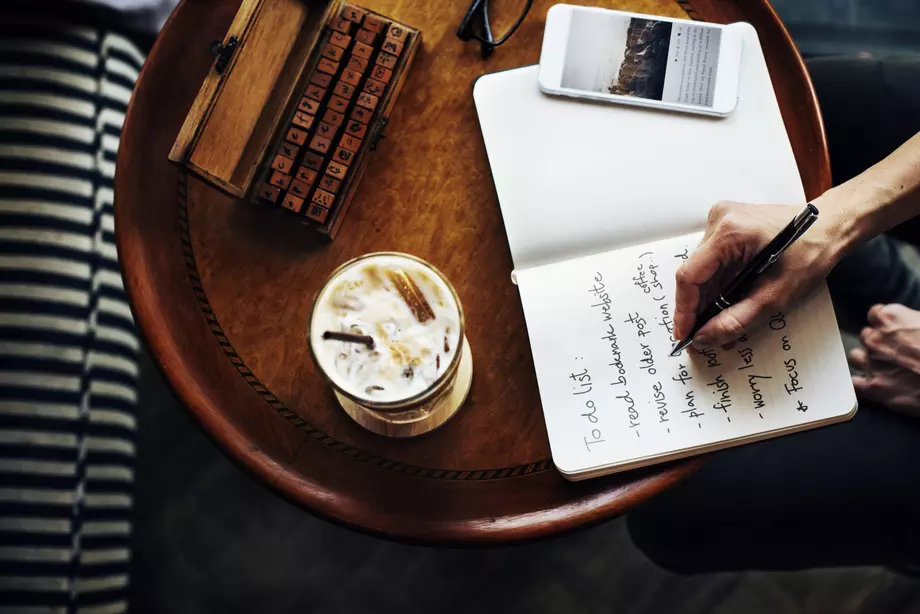Farrukh Dhondy | Writing cookbooks, other tales… and a trial that speeded up India’s freedom

“Why are rainbows curved and not straight?
Do they “also serve, who stand and wait”?
Of course there are beings who can tell you why
… Some physicist or an angel in the sky
We live, we learn, but only know so much
Consciousness grabs but can merely touch
The mysteries that minds have solved for our good
But conceit should never proclaim “we have understood”!
From Collected Works, of Kali Fulver
A second rejection of my book Joyce’s Dog arrives — a concatenation of stories from the life of James Joyce’s Trieste-adopted pet who made more than friends with Joyce’s wife Nora while Joyce went off philandering with young female pupils.
My book quotes extensively from Ulysses to prove that the dog was the catalyst which caused Joyce to write the literary classic. The pooch, “Argos” at first, is a Buddhist and goes through several incarnations, from biting Trotsky’s assassin to being the pet of a Raj Major… etc. Read it when it’s published, which I am confident it will be. After all Joyce himself was rejected by 13 publishers to whom he sent his first book Stephen Hero. Even J.K. Rowling’s first Harry Potter suffered several rejections before… So, Nil desperandum!
I am tempted now to stop writing fiction and go for the best-sellers which I believe are cookery books. One review I read was about recipes using “road-kill” -- birds, squirrels, beavers, etc, who are run over by traffic and salvaged from the road. Appetising?
With too many expert cookbooks to compete with, I’ve had to be odd myself and am concocting a book of variant Parsi dishes. So far, I’ve invented an Egyptian-influenced fish dish called Cleopatra-ni-machchi. Then there’s the dessert called Lagan-nu-last-stand-Custard, accompanied by Marmite hate-to-love lassi! And fourthly, on the waste-not-want-not principle, is “fried egg on last night’s leftovers” called “Leftovers-pur-eeda”, or to give it its proper Latin name: “Ovumbai-superji-bacheylus-bhonoous!” My agent says a cookbook has to be at least a hundred pages long. So not a goer yet.
Pause writing, start reading, I suppose.
One of the most interesting-looking books I’ve ordered, about to be published in the West and in India, is called The Trial that Shook Britain: How a Court Martial Hastened Acceptance of Indian Independence. It’s by journalist and acclaimed author and cricket commentator Ashis Ray, a grandnephew of Netaji Subhash Chandra Bose. The book is extensively researched and features the trial of Shah Nawaz Khan, Prem Sahgal and Gurbaksh Dhillon, the three officers of the Indian Army who joined Netaji’s Indian National Army (INA)
during the Second World War and were, after the defeat of the INA and the Japanese, court-martialled, presumably for treason.
The conduct and proceedings of the trial are not the focus of the book. The reaction to it in India and the consternation and reassessment it caused Lord Wavell, the Viceroy, and Field Marshal Claude Auchinleck, the commander-in-chief of the Indian Army, are seen as instrumental in pressuring the Clement Atlee government in Britain to grant India its independence as soon as the Labour Party formed Britain’s post-war government.
Ray convincingly argues that these British officials and commanders in India realised that the Congress and other radical organisations had mobilised the Independence movement, using the court-martial of the three officers as unjust, potential martyrdom in the cause of freedom. The shift in public opinion and the agitations that followed had made India ungovernable. This vital and convincing testament of modern Indian history proves that it contributed to India’s decolonisation.
My father was at the time in the Indian Army, having fought in the Andamans and Burma in World War II and, though he had no sympathy for the INA, was a nationalist, knew Prem Sahgal and supported him. One of my parents’ college friends was Khurshed “Khasi” Mama, who enlisted at the same time as my dad, fought in Burma, was captured by the Japanese and crossed sides while a POW to join the INA.
In a subsequent battle against British-Indian forces he was killed and his wife was informed that he was a traitor and had died in battle. My parents mourned his death.
In 1955 my dad was stationed in Kanpur. I was 11 years old and one afternoon was playing in our Raj-architectured cantonment bungalow’s garden when two saffron-clad monks -- one old, one young -- came to our gate. They called out to me and asked to see my father, who I said was at work. And my mother? I said I’d call her.
My mum came to the gate and her jaw dropped in absolute shock and disbelief.
“Yes”, the old monk said. “Khasi. Not dead.”
The monks sat on the lawn as they refused to enter the house. My dad returned and was as shocked as my mother.
Khasi related his story. He had been badly wounded, his jaw and ear blown off and he’d lost an eye, but he was breathing.
The Japanese took him, half-dead, to Japan and, over the years, patched him up as best they could. His nurse was a Buddhist and in time, converted him.
Years later he was here as a missionary and was on his way walking to the Himalayan monastery. No, his wife didn’t know he was alive and she shouldn’t be told. My mum filled their mendicant begging bowls with fruit and rotis and they left.
That story is already written in my book Deccan Queen-Take Two.
An encounter with resurrection?
